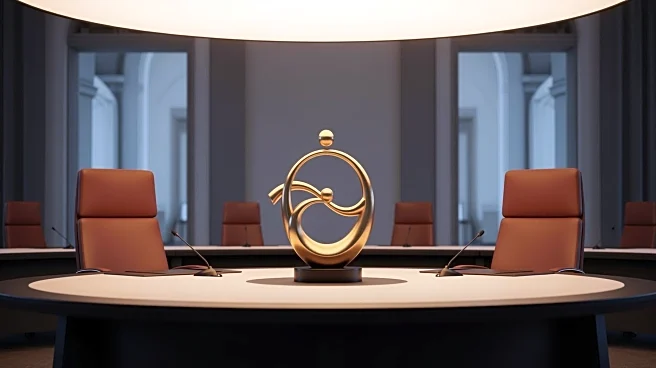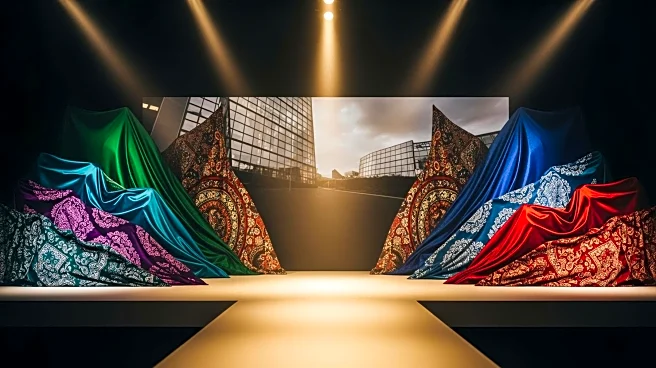Rapid Read • 8 min read
A recent study suggests revisiting traditional methods to improve comfort in homes and buildings, particularly in response to increasing summer heat. The study, conducted by Bill Bordass, Robyn Pender, Katie Steele, and Amy Graham, emphasizes the importance of mean radiative temperature, which considers the heat radiating from surrounding surfaces. Historical techniques, such as passive solar management and the use of thick masonry walls, are highlighted as effective ways to maintain cooler indoor temperatures without relying heavily on air conditioning. The study advocates for a 'people-first' approach, empowering occupants to make simple, low-cost adjustments to enhance thermal comfort, drawing on proven historical methods.
AD
The study's findings are significant as they offer sustainable alternatives to modern cooling systems, which are often carbon-intensive and expensive. By adopting traditional methods, buildings can reduce energy consumption and carbon emissions, contributing to environmental conservation. This approach also addresses the health risks associated with modern retrofitting techniques, which can sometimes lead to disappointing energy savings and adverse effects on building fabric and occupant health. The emphasis on empowering occupants to make informed adjustments promotes a more sustainable and adaptable way of living, aligning with global efforts to combat climate change.
The study encourages further exploration of historical building techniques and their adaptation to modern contexts. It suggests that occupants should be facilitated to 'learn to sail' their buildings, meaning they should be educated on how to effectively operate and adjust their living spaces for optimal comfort and sustainability. This could lead to a shift in building design and operation, prioritizing occupant empowerment and sustainable practices. As climate change continues to impact global temperatures, these insights could influence future building regulations and retrofitting strategies.
The study's approach challenges the conventional mindset of overpowering environmental conditions with technology, advocating instead for a harmonious relationship with nature. This perspective could inspire broader cultural shifts towards sustainability, encouraging individuals to adapt their lifestyles to the natural environment rather than altering it to suit human needs. Such a shift could have long-term implications for how societies approach environmental conservation and resource management.
AD
More Stories You Might Enjoy










